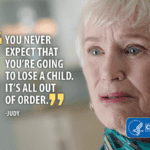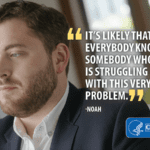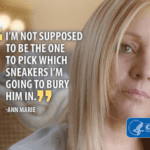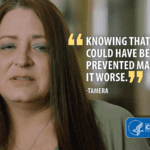
- District Office : 770.339.4260
- Buford Center : 770.614.2401
- Lawrenceville Center : 770.339.4283
- Norcross Center : 770.638.5700
- Newton Center : 770.786.9086
- Rockdale Center : 770.785.4345
- Preventive Health : 678.442.6880
- CMS : 770.339.4270
- Gwinnett Environmental : 770.963.5132
- Newton Environmental : 770.784.2121
- Rockdale Environmental : 770.278.7340
Prescription Opioid Overdose Prevention
Need immediate help?
Call Georgia Crisis & Access Line (GCAL).
Provides access to services and immediate crisis help.
Available 24 hours 7 days a week.
1-800-715-4225
If you know someone at risk for an opioid overdose, keep live-saving Naloxone HCI on hand. You can get it FREE.
Naloxone HCl nasal spray counteracts the life-threatening effects of an opioid overdose. It was developed for first responders, as well as family, friends, and caregivers—with no medical training required. It is available without a prescription from a doctor and is covered by most insurance plans.
The health department offers:
- FREE training on how to use naloxone for individuals and groups
- Naloxone emergency kits* while supplies last
- Naloxone emergency kit refills*
Learn more about naloxone training and emergency kit refills
**Naloxone Emergency Kits and refills are available while supplies last. Emergency kits are available at all GNR health center locations and cannot be requested online. Refills are requested online and are not available at health center locations.
Some people might think prescription opioids are safer than alcohol or illegal drugs, but the truth is they carry serious risks and side effects, including addiction and overdose.
If you or someone you know has been prescribed opioids like oxycodone (OxyContin), hydrocodone (Vicodin), morphine, or methadone, it is important to learn as much as you can about the risks. The CDC recommends that individuals work closely with their doctors when taking opioid medications to avoid the serious risks and side effects associated with them.
The Health Department is committed to preventing opioid overdose.
Learn more about the State of Georgia – Opioid & Substance Misuse Response
Learn more about safe disposal of prescription drugs.
Looking for addiction treatment?
The Health Department does not offer addiction treatment services. Please visit findtreatment.gov, a confidential and anonymous source of information for persons seeking treatment facilities in the United States or U.S. Territories for substance use/addiction and/or mental health problems.
For more information about opioids keep reading:
- District Office : 770.339.4260
- Buford Center : 770.614.2401
- Lawrenceville Center : 770.339.4283
- Norcross Center : 770.638.5700
- Newton Center : 770.786.9086
- Rockdale Center : 770.785.4345
- Preventive Health : 678.442.6880
- CMS : 770.339.4270
- Gwinnett Environmental : 770.963.5132
- Newton Environmental : 770.784.2121
- Rockdale Environmental : 770.278.7340







